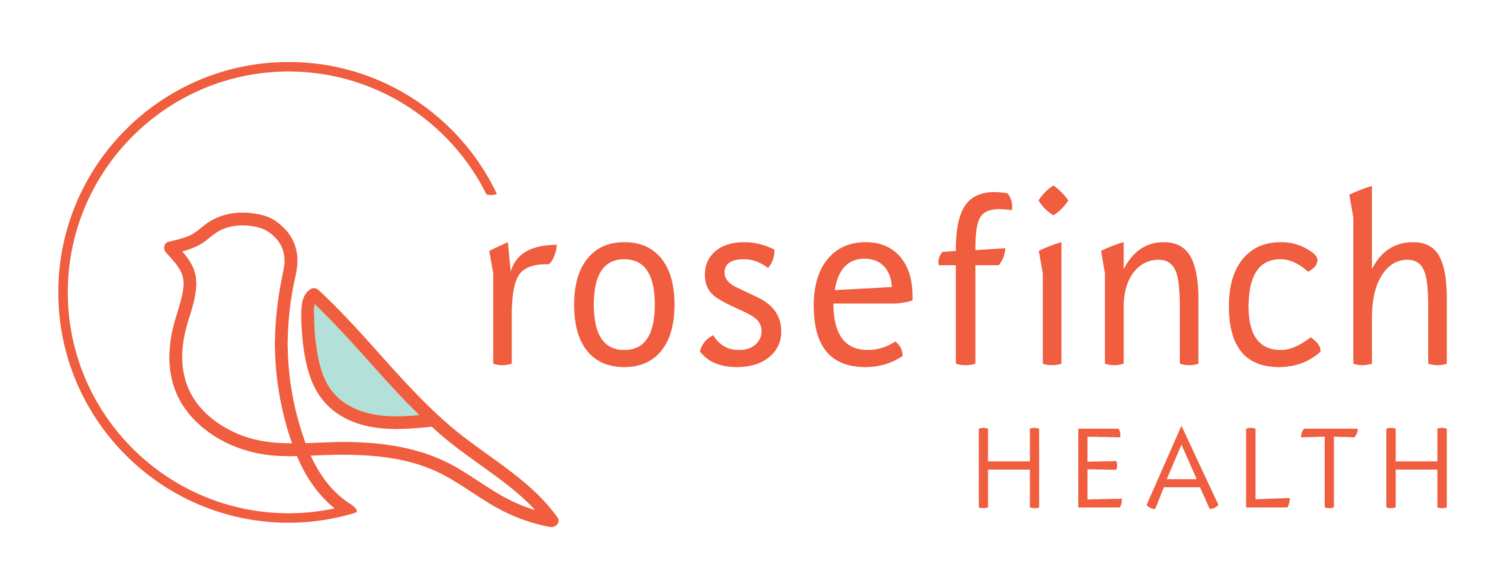Vitamin D: what is its role in fertility?
Vitamin D is a fat-soluble vitamin that is an essential molecule to support many metabolic processes within the body. We make 90% of our Vitamin D from exposure to the sun. The rest we get from food or supplementation. In the Pacific Northwest, it is very common to have Vitamin D deficiency. The severity can be influenced by many factors: your genetics, the environment you live in and how much exposure you have to sunlight, sunscreen use, foods and beverages you consume, and skin melanization, among others.
For fertility, Vitamin D helps by making hormones and supporting egg development, sperm creation, uterine lining development, and embryo implantation. Vitamin D deficiency and fertility has been studied extensively, but it is still unclear how much influence adequate Vitamin D levels will improve your chances of pregnancy. Here is a quick rundown of what we know:
In women and people with ovaries,
· Higher Vitamin D levels were associated with a higher likelihood of pregnancy from IVF. Fertil Steril 2010;94:1314-9.
· Lower levels were associated with fewer implantations and pregnancies. Fertil Steril 2010;94:1314-9.
· Low Vitamin D levels were associated with lower AMH levels. Nutrients. 2020;12(6):1567.
· Insufficient levels of Vitamin D are associated with a higher likelihood of developing gestational diabetes mellitus and preeclampsia and may also lead to an increase in the risk of preterm birth, low birth weight, as well as asthma, and autism spectrum disorder in your child. Cureus 2024; 16(9): e69508.
· In IVF, Vit D status may be associated with improved fertilization rates in ART Hum Reprod. 2018 Jan 1; 33(1):65-80.
In men and people with sperm,
· Low (<20 ng/mL) and High (>50 ng/mL) Vitamin D levels were both associated with decreased motility and morphology.
Recently, a recent retrospective cohort study of 267 Brazilian couples going through IVF found no association between Vitamin D levels and the number of good-quality embryos. There was also no difference in Clinical Pregnancy Rate (fetal heartbeat after the 6th week of pregnancy). Because this is a retrospective, observational study, there are some limitations to these findings. Still, this study is important to consider because it looked at Vitamin D status in both partners undergoing IVF.
There are also mixed results across the meta-analyses with some showing benefit with adequate Vit D levels and some showing no difference.
So, should I take Vitamin D?
If you live in the Pacific Northwest, in most cases, yes. Vitamin D supplementation is especially relevant in winter for everyone or if your levels are under 30 ng/mL on your labs. Vitamin D plays an essential role in reproduction. But, getting the dosage right is key. There is indeed such a thing as too much of a good thing.
You can safely take 25-50 mcg (1000-2000IU) of Vitamin D3 daily. Let’s talk if your Vitamin D lab numbers are on the low side or have been chronically low.
Which brand should I take?
There are many good quality vitamins and supplements to be found. And, there are many that have mislabeled or misrepresented the effects of their ingredients. Some have been found to contain heavy metals and other toxins. The best supplements are NSF certified and third party tested.
Have more questions?
Contact us to learn more from Dr. Lee Hullender Rubin, doctor of acupuncture and fertility specialist. Dr. Lee can help learn more about how to optimize your chances of conception.


